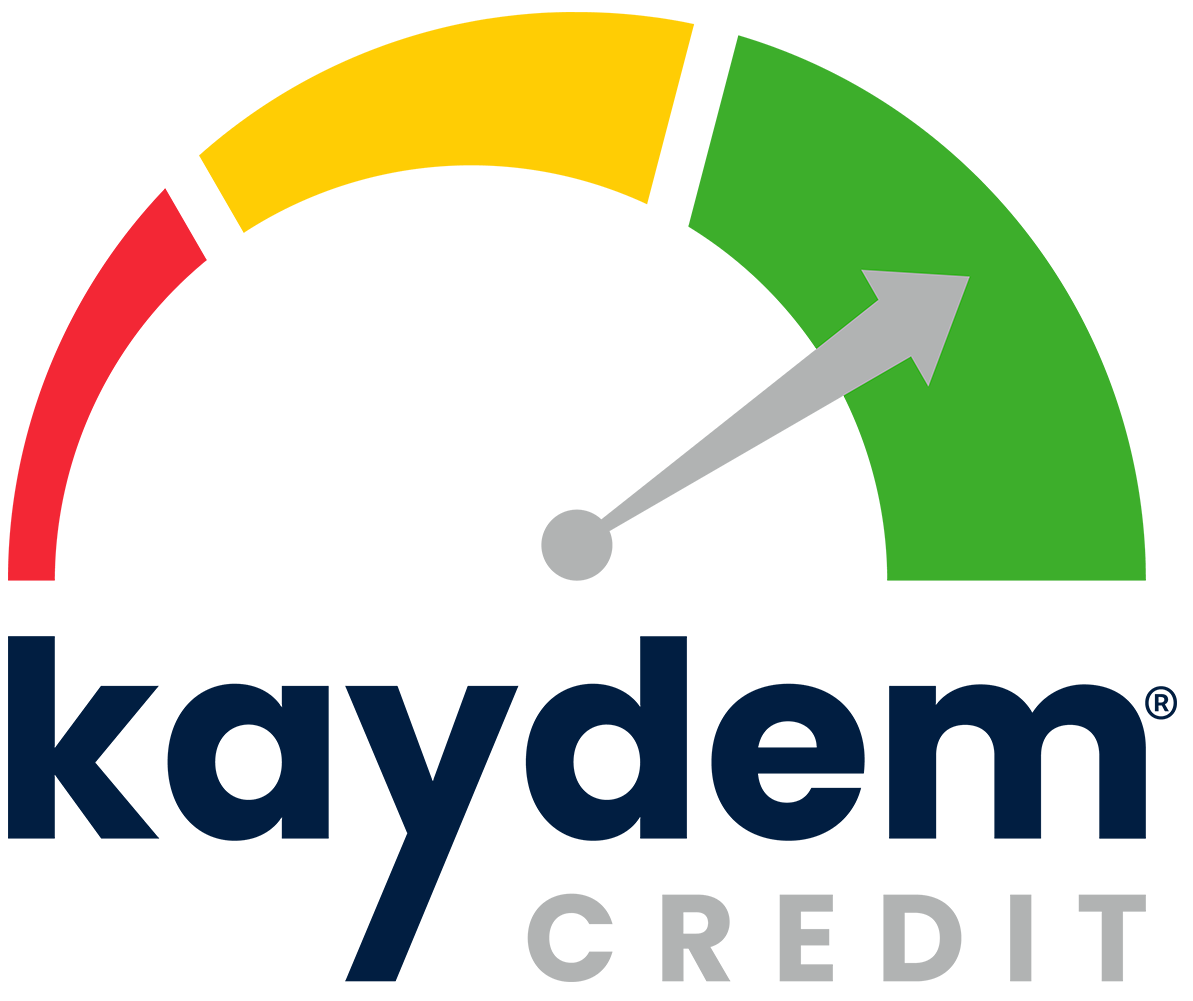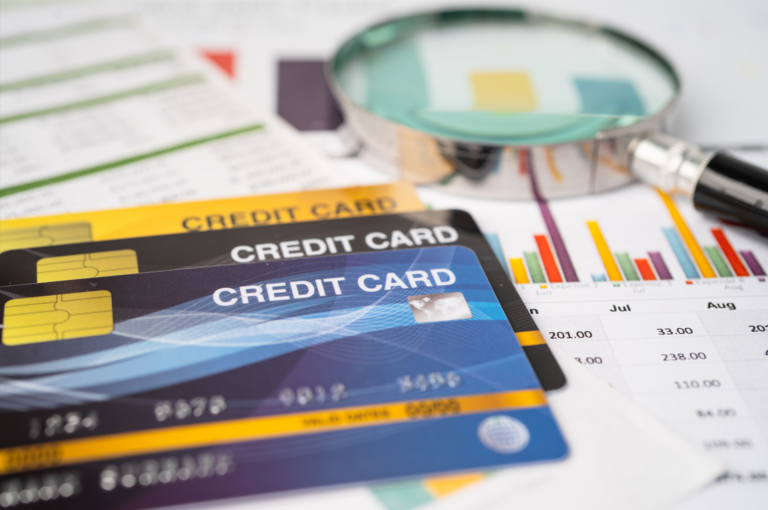Take a moment to imagine your financial future. Can you imagine a future where your credit score gleams and you can effortlessly obtain loans at remarkable interest rates? Or are you worried that your not-so-great credit score will continue to hold you back? If the second option seems more similar to your present circumstance, please be assured that you are not alone. The good news is there are steps you can take to improve your credit score and achieve your financial goals. But where should you start? Should you focus on credit repair or credit building? While they may seem similar, these two approaches are quite different, and understanding which one is right for you can make a significant difference in your financial future. In this article, we will explore credit repair vs. credit building and help you choose the best option.
What is Credit Repair?
Credit repair is a process aimed at improving an individual’s creditworthiness by addressing and resolving negative items on their credit report. Its purpose is to remove inaccuracies, errors, or unfair entries that may be dragging down their credit score. Credit repair companies specialize in assisting individuals with this process by analyzing credit reports, identifying errors or discrepancies, and helping file disputes with credit bureaus, creditors, or collection agencies.
Some benefits of credit repair include an improved credit score, which can make it easier to qualify for loans and obtain favorable terms. With a better credit score, individuals may also access lower interest rates, better credit card options, higher credit limits, and better insurance rates. Credit repair can alleviate the stress and anxiety associated with poor credit, providing individuals with a clear path toward improvement.
However, credit repair also has its limitations. It is not an overnight solution; it takes several months or longer to see significant improvements in credit scores. While individuals can pursue credit repair without professional assistance, credit repair companies can provide valuable guidance and support for those who lack the time, knowledge, or confidence to navigate the process independently.
What is Credit Building?
Credit building is the intentional process of establishing and improving one’s credit history to build a positive credit profile. Credit building demonstrates creditworthiness to lenders and financial institutions, leading to better borrowing opportunities, lower interest rates, and increased financial stability. There are several strategies for building credit.
Firstly, individuals can start by establishing a credit history. One way to achieve this is by obtaining a credit card or a small loan and ensuring that payments are made promptly and consistently. Building a positive credit history is crucial for credit building. Making consistent, on-time payments for bills, loans, and credit card balances demonstrates reliability and helps build a positive credit history.
Another key strategy is to keep credit utilization low. Credit utilization refers to the percentage of available credit that is being used. Users should prioritize maintaining credit utilization below 30% of the available limit. Maintaining a low utilization ratio shows responsible credit management and can positively impact credit scores.
Diversifying credit types is also crucial for credit building. A mix of credit types, such as credit cards, installment loans, and mortgages, shows the ability to manage different credit types responsibly and can contribute to a stronger credit profile.
Credit building comes with several benefits. In addition to an improved credit score, it makes qualifying for loans and obtaining more favorable terms easier. A strong credit profile may result in lower interest rates on loans and credit cards, saving money in the long run. Moreover, building credit opens doors to better financial opportunities, such as obtaining higher credit limits and more favorable insurance rates.
However, credit building also has limitations. It takes time and patience, as credit building is a gradual process. Improving credit scores can be a time-consuming process, sometimes spanning months or even years, depending on individual circumstances. Individuals with no credit history may initially face limited options until they establish a credit profile.
Credit Repair vs. Credit Building: Which is Right for You?
Before choosing between credit repair and credit building, evaluate your current credit situation carefully. Review your credit reports from all three major credit bureaus (Experian, TransUnion, and Equifax) to identify any errors, inaccuracies, or negative items that may be impacting your credit score. If your credit reports contain valid negative information, such as late payments or bankruptcy filings, it may be necessary to engage in credit repair to address these issues. On the other hand, credit building may be more appropriate if your credit reports are relatively clean and you need to establish or improve your credit history.
The next step is to consider your credit goals and the timeline you have in mind. If you need to quickly boost your credit score for a specific purpose, such as applying for a mortgage or loan in the near future, credit repair may be the best option. Credit repair focuses on resolving specific negative items dragging down your credit score. On the other hand, credit building may be the superior option if you have long-term credit objectives and are prepared to dedicate time and effort to establish a robust credit history. Building credit takes time, but it can lead to sustainable improvements in your creditworthiness.
You must also take into account your financial resources and constraints when deciding between credit repair and credit building. Credit repair often involves working with credit repair companies or professionals, which can come with associated costs and fees. Credit building may be a more viable option if you face financial constraints and cannot afford these services. Credit building can be done independently by implementing responsible credit habits and managing your finances effectively.
Lastly, think about the impact that credit repair or credit building may have on your future borrowing opportunities. If you need to access credit in the near future and your credit reports contain inaccurate or unfair negative items, credit repair can help remove these items and potentially improve your chances of obtaining favorable borrowing terms. On the other hand, if you have time and are focused on long-term financial goals, credit building can strengthen your credit profile and open doors to better borrowing opportunities.
Choosing the Right Path
The decision between credit repair vs. credit building ultimately depends on your financial situation. If your credit score has been affected by missed payments or defaults, consider credit repair as the initial step to eliminate inaccuracies and negative items from your credit report. On the other hand, if your credit score is in good standing but you want to improve it further, credit building might be best for you. This involves making timely payments, keeping your credit utilization low, and opening new accounts strategically.
Whatever your choice might be, the important thing is to remain committed to improving your credit score over time and making responsible financial decisions. Remember that repairing or building your credit will not happen overnight, but with dedication and persistence, you can achieve your financial goals and enjoy the benefits of a strong credit profile.



